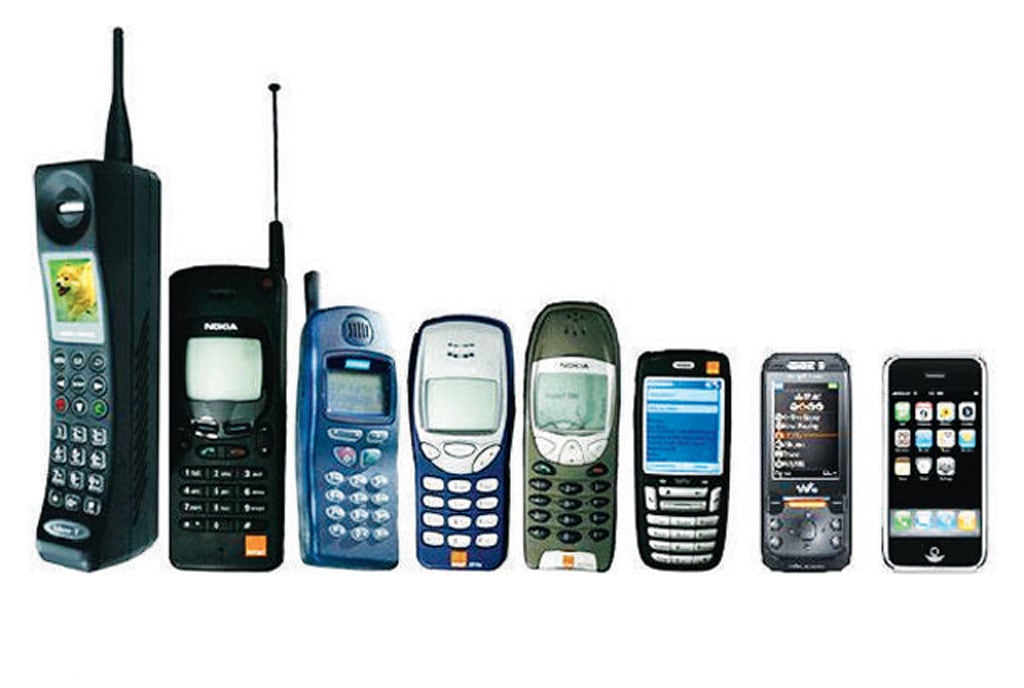Prime
Why the internet may very well blow-up the world

Author: Moses Khisa. PHOTO/FILE
What you need to know:
But there is much more that the internet powers and enables than social media information and misinformation flows.
Early this week, a group of individuals signed a letter calling for a pause on development and use of so-called artificial intelligence (AI) tools and platforms. Among this group of more than 1,000 are some of the leading names in the tech industry including the maverick billionaire Elon Musk who owns Twitter and is the world’s second richest person.
They argue that there is need to pause and reflect on the profound effects that technology powered tools are having (and are likely to have) on society. Over the past decade or so, the big boys of the tech industry, Google and Microsoft, among others, have innovated tools, otherwise known as bots, with capacity to perform online tasks in ways that a human being cannot but by mimicking humans.
Recently, someone sent me a computer screenshot of results from the recently trending AI tool called ChatGPT, a chat bot. My friend asked ChatGPT to tell him about ‘Moses Khisa at North Carolina State University’.
The results were quite revealing: a combination of facts and fabrications, accurate information and sheer misinformation. This is very much reminiscent of information warfare that has become a key component of the internet age where individuals engaged in propaganda can pick up some facts, twist and embellish them with falsehoods and use them to achieve certain ends.
Elon Musk has credibility issues, and may not be the best person to listen to in making a moral argument or caution about what might go wrong for society and humanity. But the fact that many in the tech industry, including CEOs of some of the leading AI companies as well as academic professionals who specialise in studying tech and the internet, have sounded the alarm bells and raised red flags should alert us to the extraordinary dangers we face.
The internet is undoubtedly a force for good, by far the most important and consequential invention of our times. One can even argue that the internet is easily the most powerful and revolutionary invention of all time.
Today, there are countless things we can accomplish in no time and at little or even no cost, which were simply inconceivable a few decades ago before the internet became widely available around the world.
There is so much focus on social media, its good and bad side, because of the instant spread of information and misinformation to all corners of the world that happens across a range of social media sites.
But there is much more that the internet powers and enables than social media information and misinformation flows. Quite simply, the internet is a place of unlimited possibilities. This is where we must contend with the ugly side, in fact the sheer danger of the internet.
We must face up to the likelihood that what might bring down the world will not be the traditional nuclear war leading to mutually assured destruction, something that scholars and specialists have worried about since the first atomic bombs were dropped on Japanese cities in 1944. Rather, the ‘bomb’ that will blast the world flat might well come from the unlimited capabilities of the web, whether gradually through stripping the world of humanity or by way of series of cascades of deadly actions transmitted through the internet with no capacity to stop them. Now, I am only speculating here by asserting the worst could come out of an otherwise powerful force for good that today drives and determines our lives in decidedly profound ways and with no parallels.
But there is ample evidence to believe that the internet can deliver anything and everything, the most unexpected, which so far has been largely good, meaning that there is a chance the worst too could be produced from the same source.
We already have sprinklings of the ugly side and the dangerous effects, including child pornography and sex exploitation made easy with the ease with which images and ideas circulate via the web, hate speech and stirring up violence, spread of misinformation and toxic images that drive wedges among communities, etc.
Governments around the world have tried but mostly failed to impose limits and reactions on internet platforms, especially social media sites, but the new direction of rapid development of AI platforms poses a wholly graver challenge. Bear in mind that at its basic structure, the internet defies policing and restriction!
Owners and managers of social media companies have for the most part been singularly opposed to measures that place limits and restrictions on activities of their platforms. Their primary motivation is business and profit, so they see government intervention and regulation as overreach that hurts their bottom-line.
But now that these individuals, the industry actors, are garnering the courage to call for a pause and introspection should tell us that perhaps things are very bad and we are likely already in a no-return path down a dark alley.




